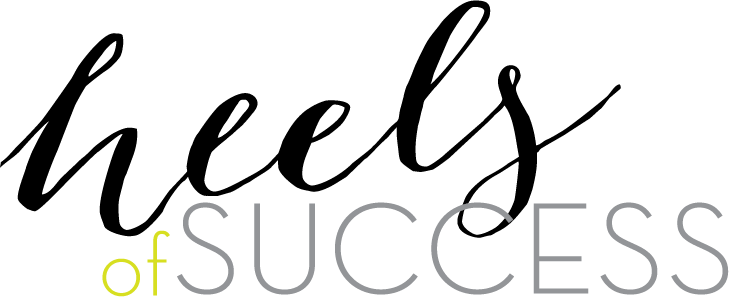How I Learned Empathy as a Nurse
I recently received the same question at two different post-speech Q&A sessions and during an interview with the Philadelphia Inquirer:
What about your experience as a nurse prepared you to be CEO?
Well, firstly, that question kind of makes it seem like I was a staff nurse one day and the next day I was appointed CEO. In fact, my career journey took several turns from my start as a pediatric nurse in an infant and toddler unit to my current position. Still, I appreciate this question because it gives me an opportunity to talk about empathy.
As a nurse, I learned the importance of having empathy to do one’s job well. When you’re trying to teach a family how to care for a child with a new diagnosis, you want the best possible outcome for everyone involved. You try to understand how the family is coping emotionally as they recover from a health crisis in their child and are beginning to accept a potentially life-changing diagnosis. You need to try to understand their family dynamic, their knowledge and systems of childcare, their culture surrounding children. Challenges to good health are often multi-faceted, and no two families are exactly alike. Nurses regularly use empathy skills to know how an individual patient and his or her family will hear and respond to the healthcare provider’s message and use that to determine what the patient needs going forward.
Empathy and effective performance as a leader go hand in hand. As a leader in my organization, I try to put myself in the shoes of not only CHOP’s patients and families but its staff as well. I ask, how can I better enable them and support them to do their best work? Part of my mission is to get out of my office and hear from CHOP’s front line employees so that I can better understand the challenges they face and work to improve how we function.
I can also use that opportunity to tell them about important issues I see and bring the big picture of the organization to them. Together in these conversations, we figure out how they fit into that big picture and what we both need to do to get better. In order to make these effective discussions and not just opportunities for glad-handing, you have to start with empathy — an ability to listen and learn how people hear your message.
So many executive leaders don’t think about how their message will be received. They perfect their stump speeches and leave it at that. But understanding what your employees are going through is essential. When I give a talk, I do my best to find out who the audience will be, why they are coming, and what issues are important to them so I can bring nuance to my message. If I’m to give a talk on quality and value in healthcare, I’m not going to give the same talk to medical students as I do to senior medical staff. I will try to think about what the students know and what their world is about.
Put simply, I try to connect with them. And I learned how to do that as a nurse.

